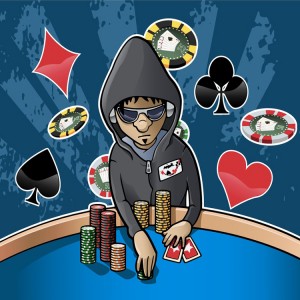
General Poker Concepts & Poker Commentary
This category delves into a myriad of topics that go beyond just the cards on the table:
Professional Poker Journey: Read about the transformative experiences of those who took the bold step into professional poker, sharing their highs, lows, and invaluable lessons.
Poker: Gambling or Skill?: Engage in the age-old debate about poker’s nature, exploring the fine line between luck and strategy.
Game Variants Explored: From Mixed Hold’em to Pot-Limit Omaha, get insights into different poker variants and the unique strategies they demand.
Poker and Life: Discover intriguing articles that merge poker with everyday life, such as the surprising connection between poker and weight loss or reflections on personal poker milestones.
With a blend of personal anecdotes, theoretical discussions, and practical advice, this category is a treasure trove for anyone looking to elevate their poker game and mindset. Dive in and let the cards guide your journey!

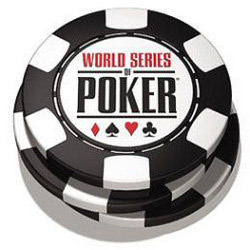
Reflections on My Results at the 2008 World Series of Poker
personal experiences and disappointments during the 2008 World Series of Poker, emphasizing the unpredictability of tournament outcomes despite thorough preparation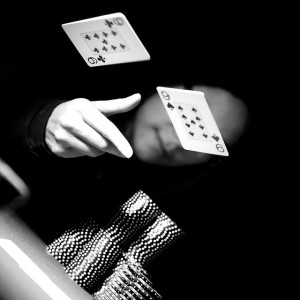
One Year as a Professional Poker Player
leaving a traditional office job to becoming a full-time poker player, detailing the challenges, financial ups and downs, lessons learned, and the personal adjustments required for this unconventional career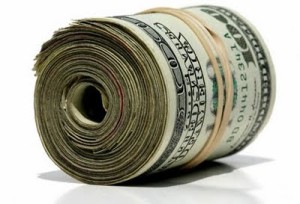
NFL Betting Tips – One More for the Road
advice on NFL betting, emphasizing the importance of understanding subtle edges, recommending specific betting strategies like six-point teasers on home teams, and highlighting the significance of line variations, and stressing the need to join multiple betting sites to get the best odds and take advantage of bonuses
AP Newswire May 24, 2025: Joshua Hilger takes home the 2025 WSOP
Joshua Hilger takes home the 2025 WSOP - just a fun hypothetical folks!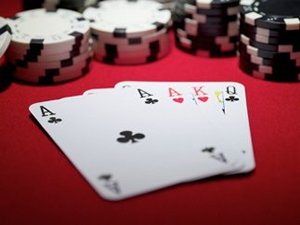
PokerTek, Excalibur, and the PLO Revolution
the introduction of small-stakes pot-limit Omaha games on PokerPro electronic tables at the Excalibur Hotel and Casino in Las Vegas, emphasizing the advantages of electronic tables in facilitating smaller pot-limit Omaha games
Choosing a Poker Site : Decision, Decisions, Decisions
the various considerations and decisions a poker player should make before starting a game, including selecting the right poker site, game type, table format, betting structure, and even factors like the time of day to play
Staying in School and Poker as a Career
the importance of completing one's education before considering poker as a full-time career, highlighting the risks and challenges of professional poker, the evolving nature of the game, and the potential long-term implications of a career gap on one's résumé
What Makes a Bad Poker Player
characteristics and traits that can hinder a person's success in poker, emphasizing the importance of mathematical understanding, discipline, long-term perspective, emotional stability, and ethical considerations
Gambler or Gamer : What Attracts People to Poker
the motivations behind why individuals play poker, categorizing them into two main groups: 'gamblers' who are drawn to the thrill of uncertainty and potential monetary gains, and 'gamers' who are more interested in the strategic and competitive aspects of the game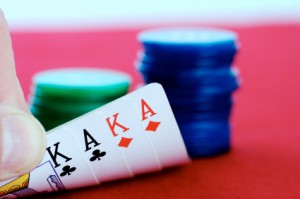
Las Vegas Pot-Limit Omaha
introduction of a small-stakes pot-limit Omaha (PLO) game at The Venetian poker room in Las Vegas, detailing the specific structure of the game, the reasons for choosing The Venetian as the venue, and the game's growing popularity among players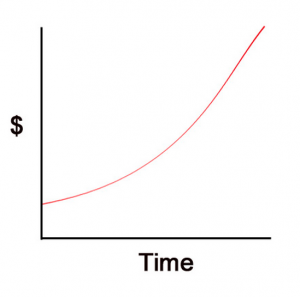
Automated Poker
the transformative impact of automated shufflers and electronic poker tables, such as PokerPro, on the live poker experience, emphasizing their ability to speed up the game, enhance player experience, and merge the benefits of online and live poker
Lose Weight while Playing Poker!
unique approach to combining exercise and poker, detailing how using an elliptical machine positioned in front of a computer monitor allowed him to play online poker while working out